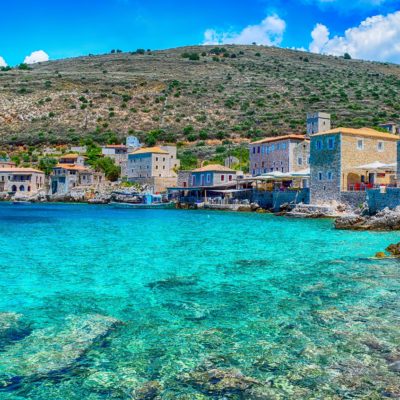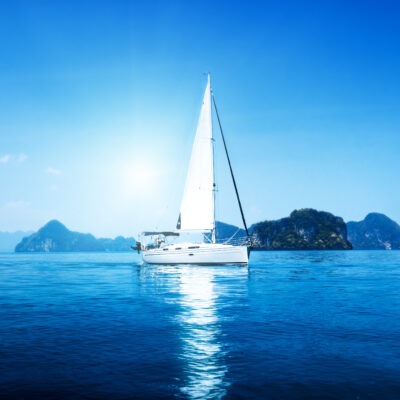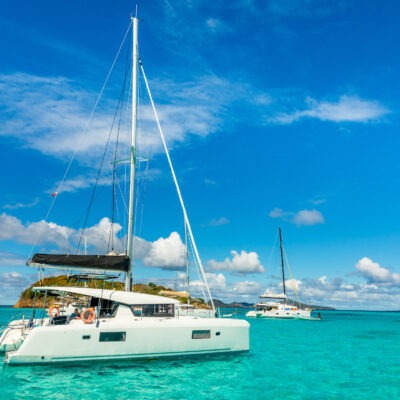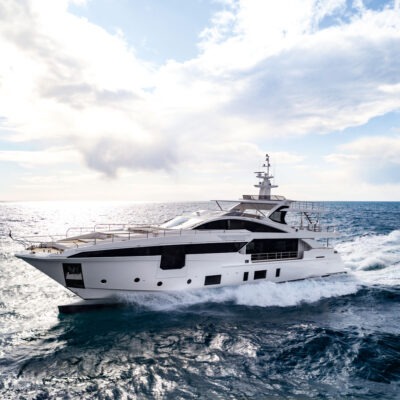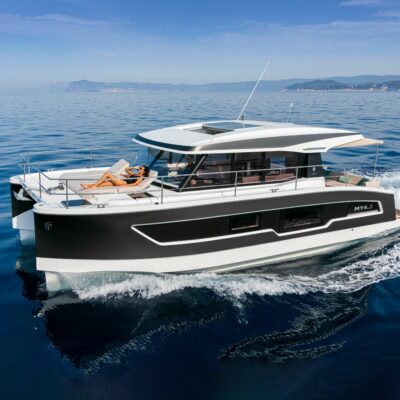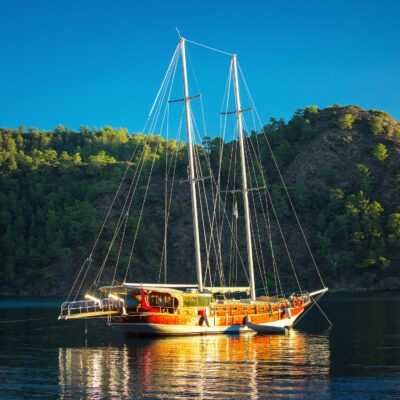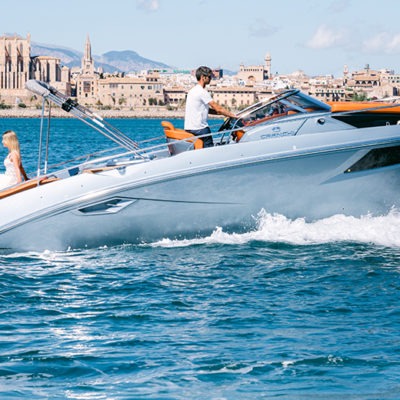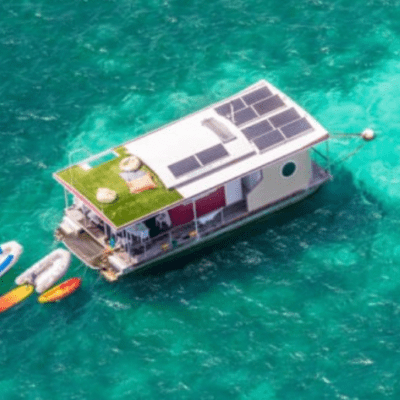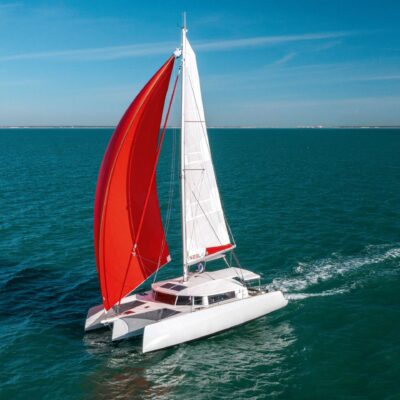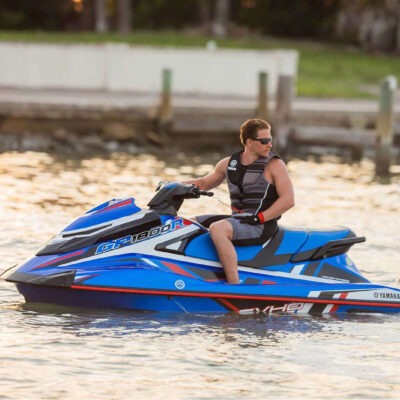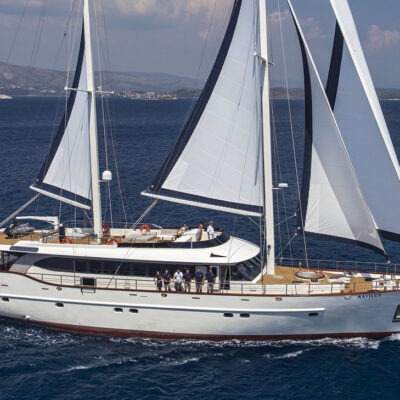Peloponnese

Corinth Canal:
The Corinth Canal is a 6343-meter-long artificial waterway in Greece, between the Aegean Sea and the Ionian Sea, created between 1881 and 1893.
The narrow strait has hindered Hellenic shipping since the beginnings of ancient Greek culture, forcing sailors sailing between the Adriatic and the eastern Mediterranean to take a 400-kilometer detour. The construction of the canal was first decided by Periandros.
Kalamata:
It is one of the most popular cities in the Peloponnese. The beautiful city easily captivates tourists, and in addition to its sandy beaches, wooded mountains and fertile valleys, it also impresses visitors with its archeological monuments.
Monemvasia:
During the time of the Byzantine Empire, it became a significant fortress, an important base that was famous for its invincibility. Originally built on a rocky island, it is now connected by a road to the nearby coast and it’s a popular tourist destination. It was the last free Byzantine city and also the first to be liberated from Ottoman rule.
Epidaurus:
The town was famous for the son of Apollo, the healing Asclepius, who was born here. His sanctuary was located not far from the town. His theater was also famous, which is used again today primarily to perform ancient tragedies such as that of Antigone or King Oedipus.

Lepanto:
The port is famous for the battle that bears its name, the battle of Lepanto was fought on the 7th of October, 1571 by the united Christian fleet with the navy of the Ottoman Empire in the Ionian Sea, in the Gulf of Patras belonging to present-day Greece. The fortified seaside port of Lepanto is a few nautical miles west of the clash site.
Weather:
Greece has a typical Mediterranean climate with an average annual temperature of 25 degrees Celsius. The seasonal weather is relatively constant, with temperatures around 30 degrees Celsius. Summer is humid, with temperatures around 35 degrees Celsius, especially in July and August.
Sometimes there are showers and storms, but this kind of weather lasts for up to a day.
Most of the rainfall falls in the northwestern part of Greece and in Corfu during the winter. The sea temperature is around 20-25 degrees Celsius from April to November.
Wind:
The wind and sailing conditions in the Ionian Sea are ideal and predictable, blowing north-west at Force 2 to 5 between May and September. In spring and autumn, the wind is less strong and blows usually from south-west.
Banking:
The currency is the Euro.
Master and Visa cards are accepted widely in larger stores and restaurants but you may need cash for independent, small businesses. You can find ATMs at the marinas and banks. Banking hours are Monday to Friday (8:00am to 2:00pm).
Internet:
You’ll find free Wi-Fi in many shopping malls, restaurants and cafes, but you may find that speeds vary.

 Ask for a free consultation
Ask for a free consultation 